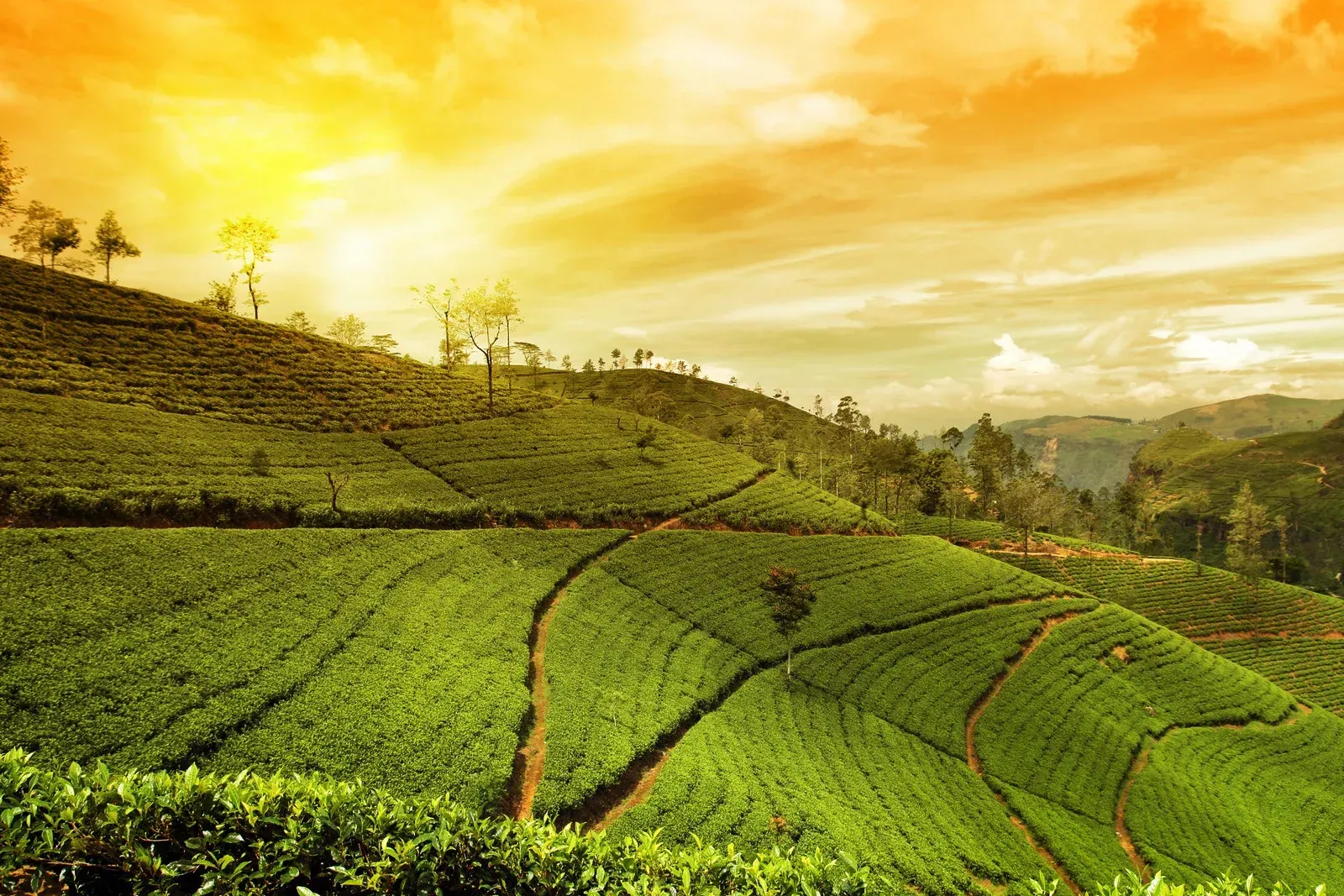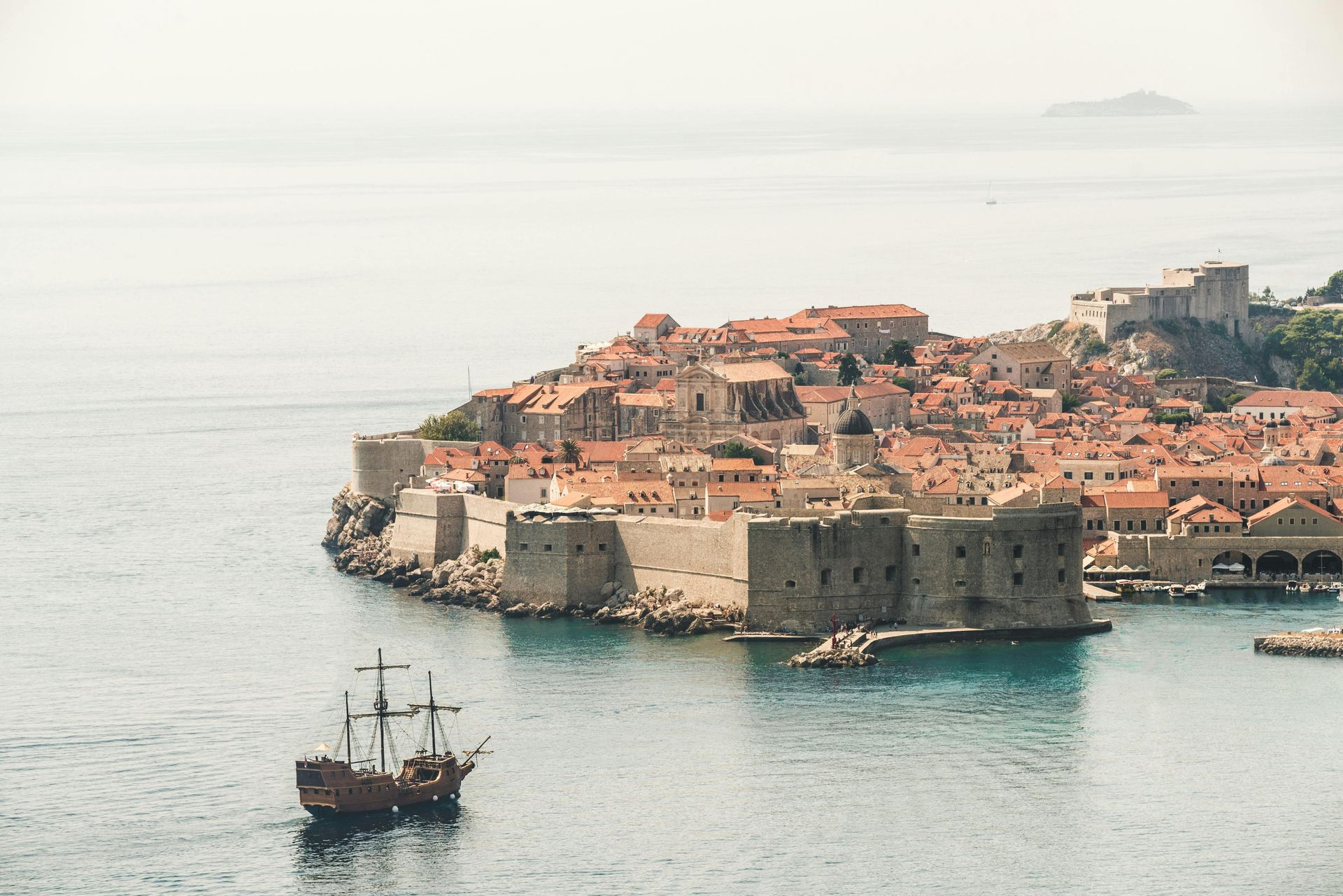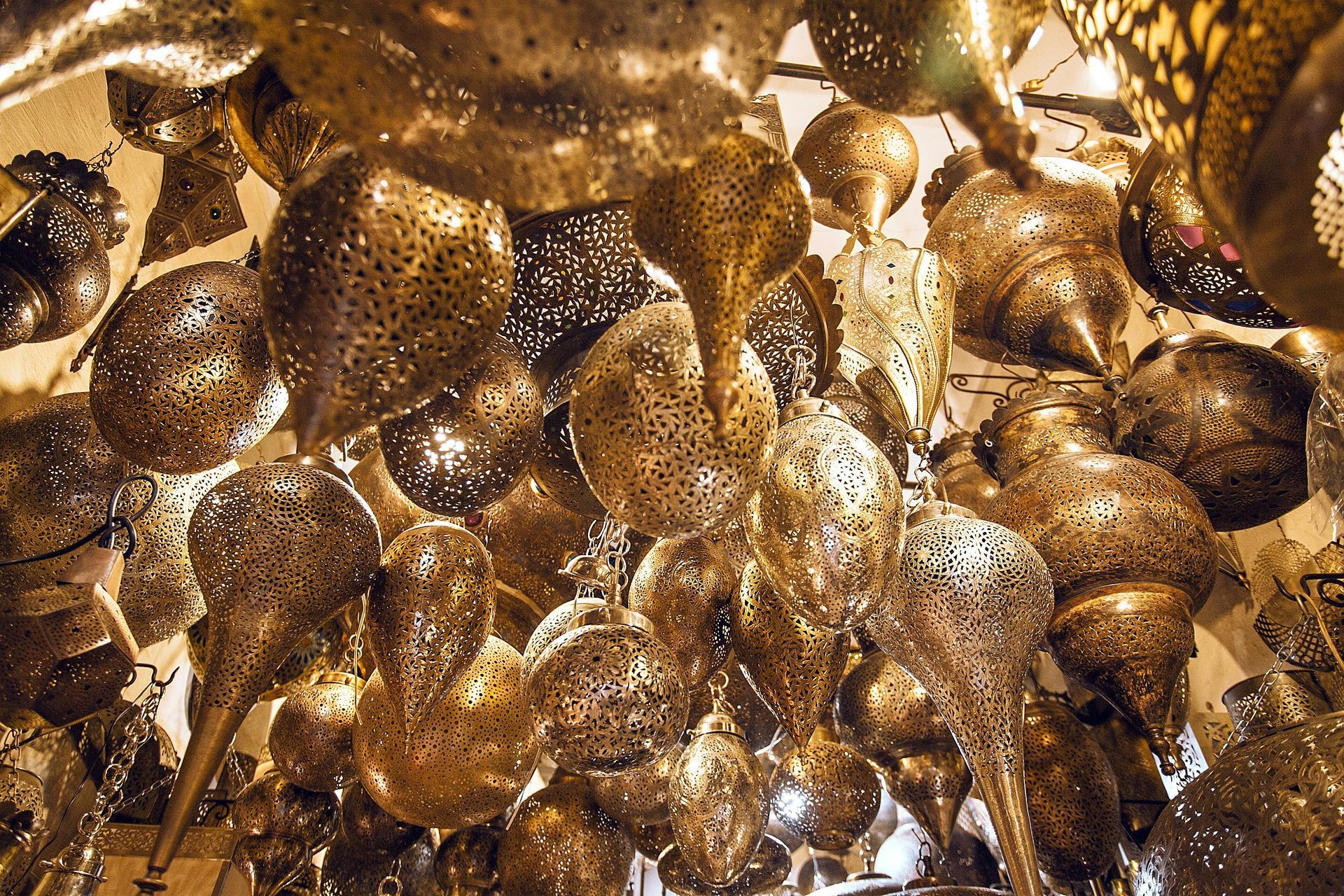Sustainable Wine Tourism: Where to Taste the Best Eco-Friendly Wines
Sustainable Wine Tourism: Where to Taste the Best Eco-Friendly Wines
Introduction to Sustainable Wine Tourism
In an era where conscious consumerism is on the rise, sustainable wine tourism has blossomed into a niche that merges the love of fine wines with a commitment to environmental stewardship. This trend isn’t just about savouring a good glass of wine; it’s about experiencing the vineyard in a way that honours the land, the community, and the intricate processes that produce these exceptional wines. For those seeking to elevate their travel experiences, sustainable wine tourism offers a unique blend of indulgence and responsibility, ensuring that your wine tour is as kind to the planet as it is to your palate.
What Makes a Winery Sustainable?
Sustainability in the wine industry is about much more than organic labels. It encompasses a holistic approach to winemaking that includes ecological, economic, and social dimensions. Sustainable wineries often use organic or biodynamic farming practices, avoiding synthetic pesticides and fertilisers to protect the soil and surrounding ecosystems. They may also employ water conservation techniques, renewable energy sources, and eco-friendly packaging. However, sustainability goes beyond environmental concerns; it includes fair labour practices, supporting local communities, and engaging in long-term stewardship of the land.
Top Destinations for Eco-Friendly Wine Tasting
The world of wine is vast, and so too are the options for those seeking a sustainable experience. Some regions stand out for their commitment to eco-friendly practices, offering not only exceptional wines but also a chance to see sustainable viticulture in action.
- Napa Valley, California, USA: Known globally for its premium wines, Napa Valley is also a leader in sustainable winemaking. Many wineries here are certified organic or biodynamic, and some are part of the Napa Green certification programme, which ensures high environmental standards.
- Marlborough, New Zealand: This region, famous for its Sauvignon Blanc, is also home to a number of sustainable wineries. New Zealand’s wine industry is committed to the Sustainable Winegrowing New Zealand (SWNZ) programme, which focuses on continuous improvement in environmental practices.
- Tuscany, Italy: Tuscany’s rolling hills are dotted with wineries that have embraced sustainable practices. Many estates here produce organic wines and are involved in agritourism, offering visitors an immersive experience in sustainable agriculture.
- Bordeaux, France: As one of the world’s most prestigious wine regions, Bordeaux has not shied away from the sustainable movement. A growing number of châteaux are adopting organic and biodynamic methods, focusing on quality while reducing their environmental footprint.
Sustainable Practices in the Wine Industry
The sustainable practices adopted by wineries can vary widely, but they generally focus on reducing environmental impact, improving energy efficiency, and promoting biodiversity. Here are some common practices:
- Organic Farming: Organic farming in viticulture avoids the use of synthetic pesticides, herbicides, and fertilisers, relying instead on natural alternatives to manage pests and nourish the soil. Organic vineyards promote soil health through crop rotation, composting, and the use of cover crops, which helps to increase biodiversity and resilience in the vineyard. This method enhances the natural flavours of the grapes, resulting in wines that truly express the terroir from which they originate.
- Biodynamic Farming: Biodynamic farming takes organic practices a step further by incorporating holistic and regenerative methods. This approach views the vineyard as a self-sustaining ecosystem, with practices guided by lunar and astrological cycles. Biodynamic farmers use preparations made from natural materials like herbs, minerals, and manure to enhance soil vitality and plant health. The goal is to create a harmonious environment where the vineyard thrives in balance with the surrounding ecosystem, producing wines with unique and vibrant character.
- Water Management: Techniques such as drip irrigation, rainwater harvesting, and the use of cover crops to minimise water usage.
- Renewable Energy: Many wineries are investing in solar panels, wind turbines, biogas and other renewable energy sources to power their operations.
- Eco-Friendly Packaging: This includes the use of lightweight bottles, recycled materials, and alternative packaging options to reduce carbon emissions.
- Waste Reduction: Composting or repurposing grape pomace (the solid remains after pressing), recycling water, and reducing overall waste are key components of a sustainable operation.
Planning Your Sustainable Wine Tour
When planning a sustainable wine tour, research is key. Start by identifying wineries that prioritise sustainability and are open about their practices. Many wineries offer tours that educate visitors on their sustainable methods, providing a deeper connection to the wine and the land. Consider staying in eco-friendly accommodations, dining at farm-to-table restaurants, and choosing low-impact transportation options, such as cycling or electric vehicles, to further reduce your carbon footprint.
Benefits of Choosing Sustainable Wines
Opting for sustainable wines offers numerous benefits beyond the ethical satisfaction of supporting environmentally friendly practices. Sustainable wines are often of high quality, as the health of the soil and vines is paramount in producing grapes with robust flavours and complexities. Additionally, supporting sustainable wineries helps preserve the land for future generations and promotes fair labour practices, ensuring that everyone involved in the winemaking process is treated equitably.
Tips for Enjoying a Responsible Wine Tasting Experience
To fully enjoy a responsible wine tasting experience, keep these tips in mind:
Moderation is Key: Savour each glass and appreciate the craftsmanship behind it, but remember to drink responsibly.
Respect the Environment: Follow the winery’s guidelines, stick to designated paths, and avoid disturbing the vineyard’s natural habitats.
Support Local: Purchase wines directly from the winery or local shops to support the regional economy and reduce the carbon footprint associated with shipping.
Educate Yourself: Take the time to learn about the sustainable practices employed by the winery. The more informed you are, the more meaningful your experience will be.
Sustainable wine tourism is a commitment to preserving the beauty and integrity of our world’s wine regions. By choosing eco-friendly wineries and practices, you can enjoy exceptional wines while contributing to a more sustainable future.











